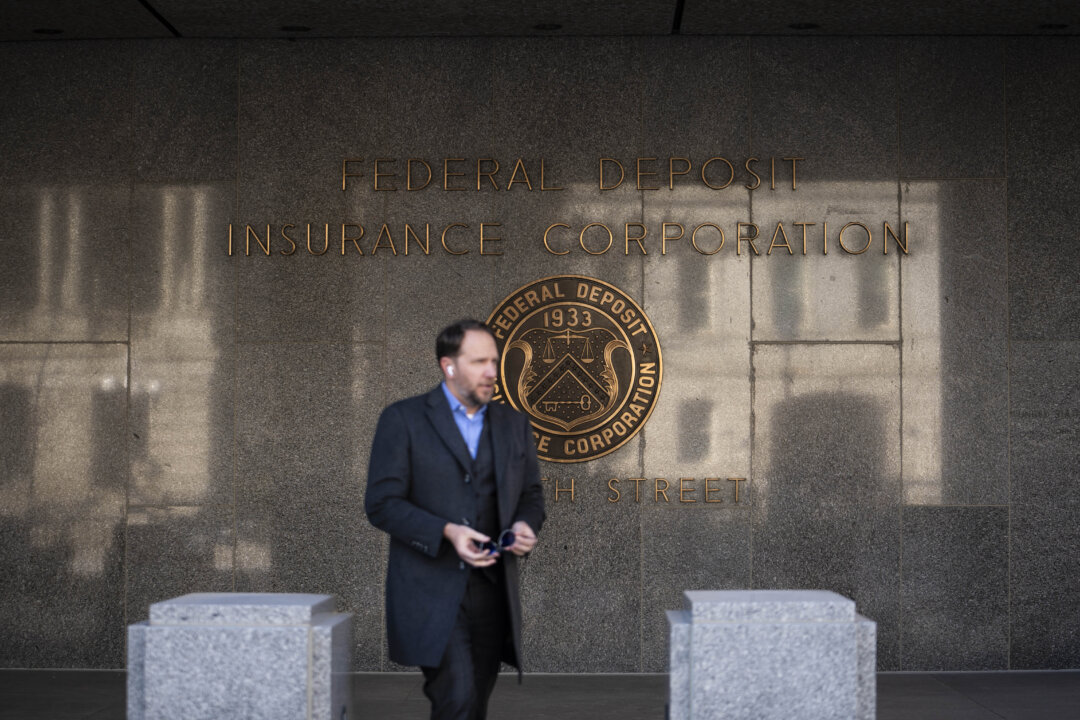Travis Hill detailed new priorities for FDIC oversight, focusing on mergers, technology, and bank failures in 2023 in order to grow the U.S. economy.
The new Federal Deposit Insurance Corporation (FDIC) acting chair under President Donald Trump laid out a series of priorities aimed at streamlining the agency’s approach to bank oversight in a statement on Jan. 21.
Travis Hill was appointed Monday by Trump to succeed Martin Gruenberg in an acting role. He has previously served as the FDIC’s vice chair since 2023 and was a senior adviser to then-Chairman Jelena McWilliams.
“It is my honor and privilege to serve as Acting Chairman of the FDIC,” Hill said in the statement released by the agency. “While the FDIC faces a broad range of issues, and as always will fulfill our mandate to promote a safe, sound, and resilient banking system, below is a list of matters I expect the FDIC to focus on in the coming weeks and months.”
Hill’s newly announced agenda highlights changes to several high-profile policies. He intends to conduct a wholesale review of FDIC rules, including evaluating capital and liquidity requirements for banks.
He also plans to improve the merger approval process and replace the 2024 Statement of Policy, with the goal of approving transactions deemed to meet the Bank Merger Act in a more timely fashion.
In addition, Hill said he expects the agency under his leadership to adopt a more open-minded approach to innovation and technology, which includes fintech partnerships and digital assets.
According to Hill’s statement, the FDIC will consider withdrawing certain proposals from the last three years under the Biden Administration, such as those dealing with brokered deposits and corporate governance.
He stated he wants to make it easier for new banks to open, increasing competition and innovation in the financial sector. Hill also noted that he wants to focus supervisory efforts on core financial risks rather than process-related matters.
The agency’s new leader cited the failures of several banks in 2023 as a catalyst to strengthen readiness and preparedness for resolving large financial institutions.
Hill said lessons from those failures would guide changes to the bidding process for troubled banks. He indicated there would be a renewed emphasis on ensuring the FDIC remains within its legal mandates and that it uses its resources responsibly to safeguard the Deposit Insurance Fund.
Hill takes over an agency that is undergoing an internal cultural review, following reports of workplace issues at the regulator.
In his statement, he called for reestablishing “a strong workforce culture, where misconduct is not tolerated and those who engage in misconduct are held accountable.”
Hill also previously served as counsel on the Senate Banking Committee, where he helped develop legislation that provided regulatory relief for regional banks.
His background in Washington banking policy spans more than a decade and he has previously voiced skepticism toward imposing stricter rules on larger banks, which aligns with some of his new priorities.
The FDIC oversees more than 4,000 FDIC-insured institutions. No specific timeline was provided for implementing the changes Hill has outlined. The agency indicated it would release additional updates as it carries out the acting chair’s priorities in the “coming weeks and months.”
Reuters contributed to this report.

